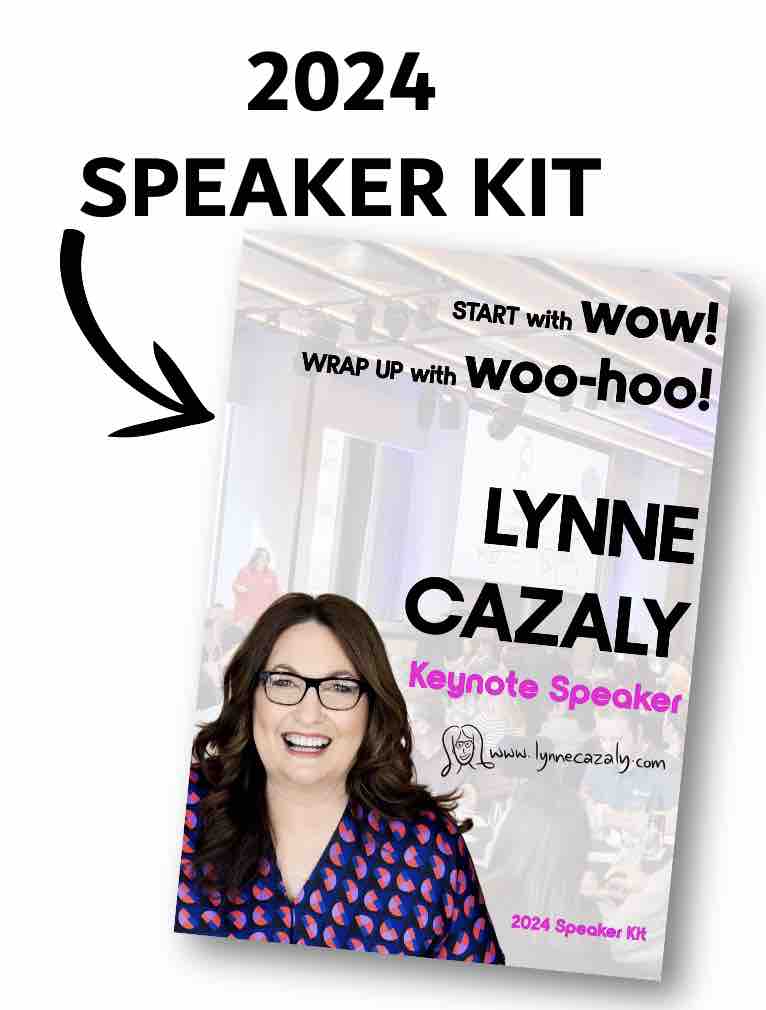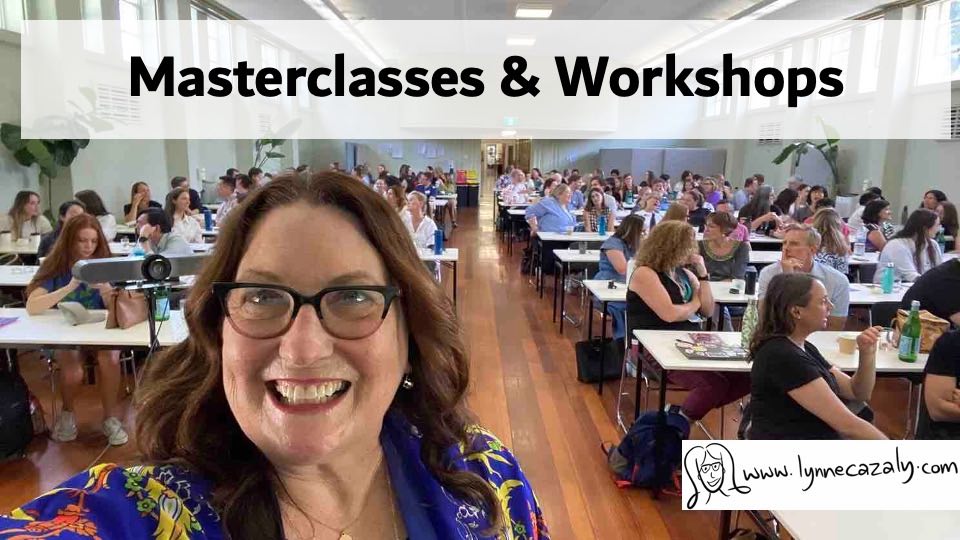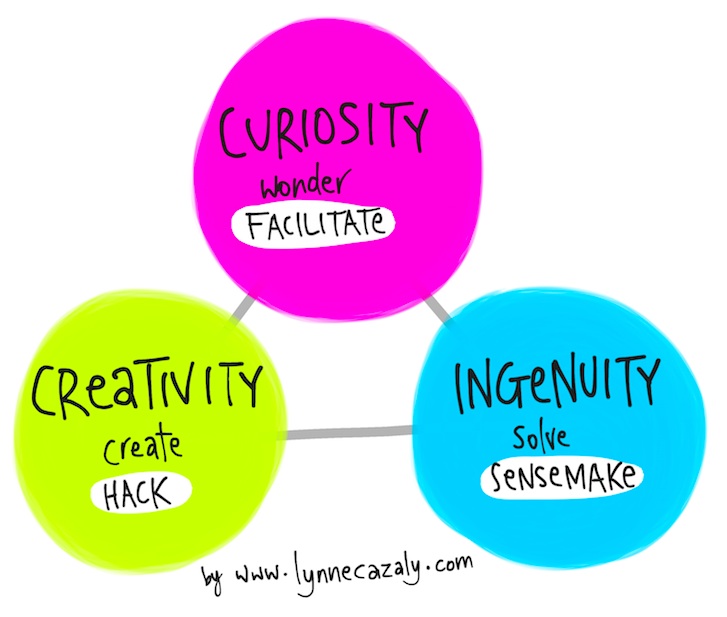The 'triple threat' work skills for the future
 Wednesday, February 8, 2017 at 4:49PM
Wednesday, February 8, 2017 at 4:49PM Trying to make sense of the ongoing changes in the world seems like a tough ask sometimes; as soon as you’ve got your head around one shift or change ... ‘thud’, along comes another, and then another. This is the world of volatility, uncertainty, complexity, ambiguity (VUCA) after all.
So what are we to do?
And the emphasis is on ‘do’. We can’t just sit and wait things out. Mind you, pointless ‘doing’ isn’t too helpful either.
With the big world, your work world and your own world undergoing constant shifts, tweaks, adjustments and aftershocks, there are some critical work skills that will do you well - both now and the future. There's machine learning, artificial intelligence and more VUCA so you’ll need something that’s sharp and has staying power in your backpack or the often-quoted “toolkit” to ride this out ...and keep on riding.
The Institute for the Future and the World Economic Forum release details on what they think you’ll need for the future. Add to that what I’m thinking and seeing when I’m working with business, and yes, there’s a dose of Sensemaking capability needed.
What’s the triple threat?
The ‘triple threat’ isn’t about the world’s demise - though with some changes recently, it could well head that way sooner than we were planning!
Triple threat: it's the three powerful skills I think will make you a sure thing for better thinking, more useful solutions and a stronger bias for action… no matter what happens with the evolution of work.
Why a triple?
An actor who’s known as a triple threat is a threat because they can do more than just act. They can sing and dance and act. They’re more of a threat to succeed and get a wider range of gigs than the single domain expert who’s a great singer but… or acts well but can’t do much more. Nothing wrong with focusing on acting -- or any domain -- but having a couple of other domains of expertise in your kitbag will simply take your further, for longer.
Football players (catch, pass and kick) or cricketers (bat, bowl and field) or netballers (shoot, pass and defend) who are triple threats are indomitable. They’re everywhere. They’re higher profile. They deliver greater value. They’re truly indispensable. And they’re probably feeling super-fulfilled too. Imagine using all that talent in so many areas and doing all much good, bringing that much value.
Distributed -- not diluted
While deep expertise is ace, some transferability or ‘neo-generalism’ as Kenneth Mikkelsen and Richard Martin in 'The Neo-Generalist - Where you go is who you are’ explain... is the thing. It’s my favourite book of the moment. It speaks of the ability to be a specialist and a generalist. To ‘traverse multiple domains’ and ‘live between categories and labels’; now that’s a winner in my eyes.
With triple threat work skills under your belt for the future, you’re more able to cross disciplines and blend opportunities that might have passed the single domain expert by. You're able to combine, mix and cross-pollinate what you learn from one area/gig/field/job/contract/experience... and apply it in another.
Steven Johnson in ‘Where good ideas come from’ calls this looking for ‘the adjacent possible’ ... and it has a dose of his ‘serendipity’ about it too. As he unpacks seven of the innovative spaces and places where good ideas come from, you can see how having more than one domain of expertise is like capability on steroids!
The triple threat of work skills for the future
The triple threat work skills for the future?
I think you’ve got to wonder, think and then do something with what you find out.
Sing, dance and act.
Bat, bowl and field.
Shoot, pass and defend.
At work, it's curiosity, ingenuity and creativity.
It looks like this... all bright and breezy:
Curiosity is to wonder.
It’s about questioning. What’s going on? It’s a facilitation of a diverse conversation and dialogue. It’s about scanning, listening, reading, absorbing. Hmmmmm!
Ingenuity is to solve.
It’s about thinking. More deeply. It’s connecting dots. What does this mean? It’ssensemaking. Looking back, working out what’s needed next. Coming up with plausible solutions and ideas. Ahaaaa!
Creativity is... to create.
Of course it is! But not arty painting - unless that's what you're doing! This future work skill is for making, shipping, delivering, doing. It’s about the hack. Get it done. Tick!
The Triple Threat of Work Skills for the Future are: Curiosity. Ingenuity. Creativity
These are a triple threat because they are adaptable, flexible and transportable.
They encourage you to be open to different perspectives and they create conditions to wonder what the heck is going on… and to respond, to work out 'what are we gonna do about it.' Oh, and then actually do it!
Don’t just wonder. Don’t just think.
Finish the game, the play, the third act and get into action.
Do.
Then you’ll be able to wonder again, think some more and put some more things into practice.
Go you triple threat you!






















